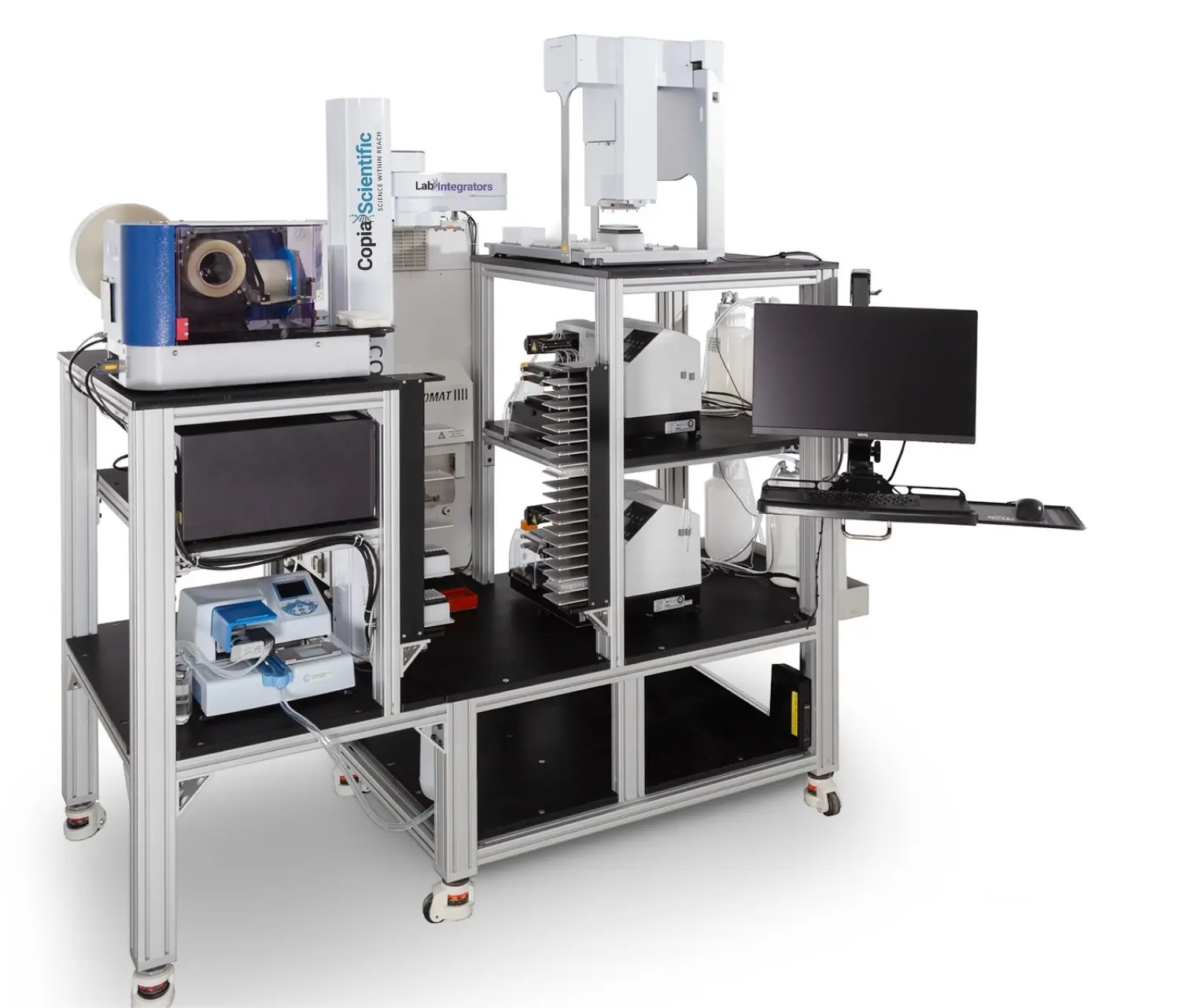Lab Integration and Workflow Optimization
Lab integration services focus on more than just connectivity. They support lab workflow optimization by:- Mapping existing processes to identify bottlenecks
- Integrating instruments with LIMS and ELN systems
- Automating repetitive tasks for improved efficiency
- Enabling real-time data access and analysis
Lab Instrument Integration
Lab instrument integration ensures that different systems—both new and legacy—work together without disruptions. This can include:- Compatibility checks for different hardware and software
- Calibration and connectivity validation
- Custom interface solutions for unique lab needs
- Ongoing maintenance and technical support
Role of Lab Automation Integrators
Trusted lab automation integrators bring together hardware, robotics, and data systems. Benefits include:- Custom integration based on lab size and goals
- Seamless collaboration between instruments and software
- Sustainable solutions that extend equipment life
- Flexible service models for growing labs
Benefits of Lab Equipment Integration
- Adopting lab equipment integration provides:
- Reduced manual effort and faster turnaround times
- Improved accuracy and consistent datasets
- Cost savings by maximizing current equipment
- Flexibility to adapt as technologies evolve
Trusted Lab Integration with Copia Scientific
Laboratory integration services from Copia Scientific help connect systems, reduce errors, and support sustainable growth. From lab instrument integration to workflow optimization, every project is designed to give labs reliable performance and long-term efficiency.
Contact Copia Scientific today to learn more about laboratory integration services tailored to your lab’s needs.























